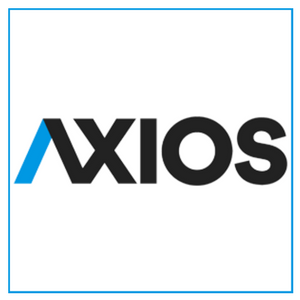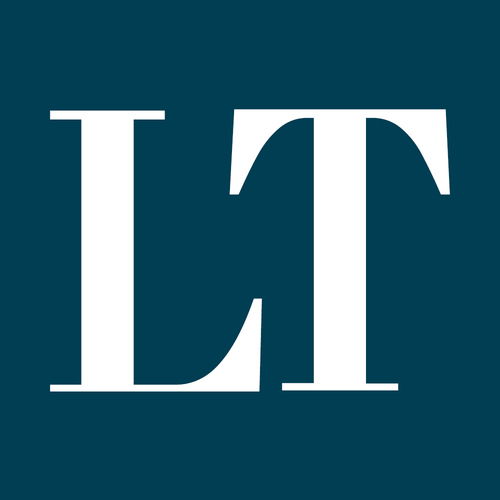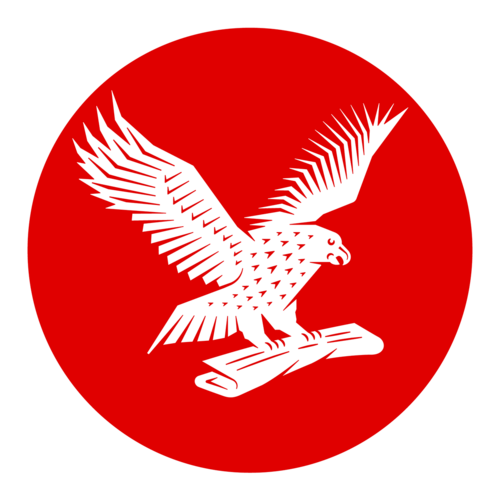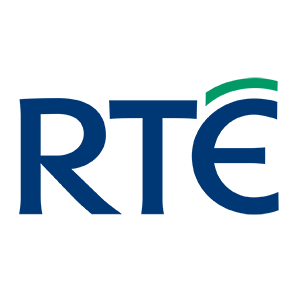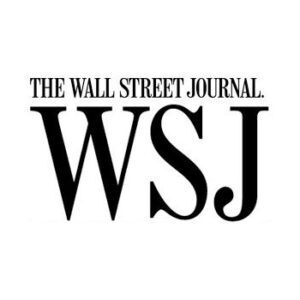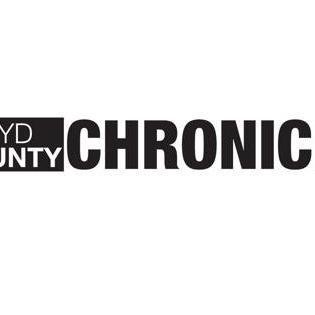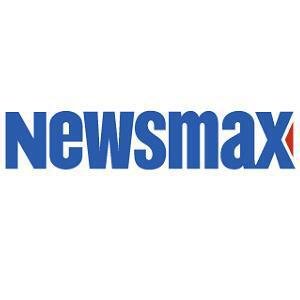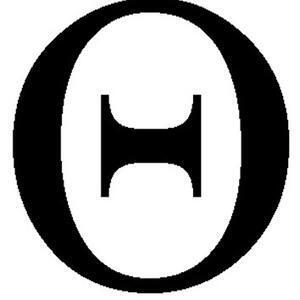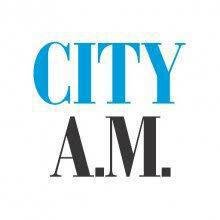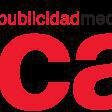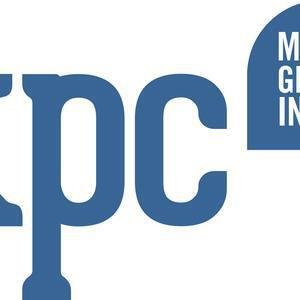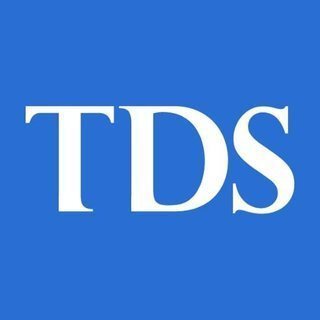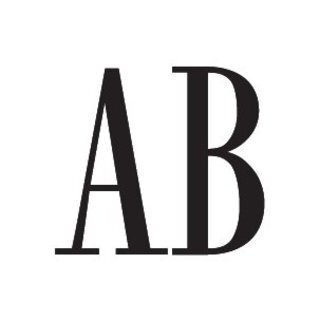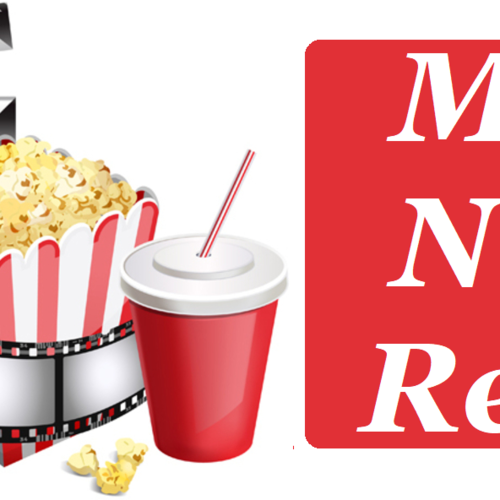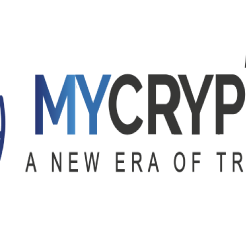- JPMorgan Chase CEO Jamie Dimon cautioned that President Donald Trump’s tariff policies increase inflation and the likelihood of a recession. Chase recently put the chance of a recession this year at 60%, up from 40%.
- Globally, stocks have shed trillions in value due to the threat of a large-scale trade war, with significant declines in the U.S. and Asia.
- In January, Dimon downplayed the inflationary impacts of the tariffs, viewing them as a necessary cost for national security. However, his annual letter released on April 7 warned of long-term economic fragmentation from allies.
Full Story
The CEO of America’s largest bank warned tariffs put a heavy load on an already-weakening economy.
JPMorgan Chase CEO Jamie Dimon is one of the most influential voices in finance.
In his annual letter published Monday, April 7, he warned President Donald Trump’s tariff policies will increase inflation and the likelihood of a recession.
Dimon wrote that the new tariff policies interject a lot of uncertainty: potential retaliatory actions, effect on confidence, impact on investments and capital flows and possible effects on corporate profits and the U.S. dollar.
In the short run, I see this as one large additional straw on the camel’s back.
JPMorgan Chase CEO Jamie Dimon on tariffs impacting an already-weakening economy.
“The quicker this issue is resolved, the better because some of the negative effects increase cumulatively over time and would be hard to reverse. In the short run, I see this as one large additional straw on the camel’s back,” Dimon wrote.
Will it be the straw that breaks the camel’s back?
Dimon’s own bank projected a 60% chance of a global recession by the end of the year, up from the 40% previously forecast.
Meanwhile, Goldman Sachs also raised its recession chance to 45% from 35%, the second increase in one week.
The threat of a large-scale trade war has hammered stocks around the world.
In the U.S., equities are having some of the worst trading days since 2020. The S&P 500, a weighted index of the 500 largest companies listed in the U.S., traded in bear market territory on Monday, April 7, after falling more than 20% from the record high hit in February.
Overseas, stocks in Asia got battered on Monday. Hong Kong’s Hang Seng Index had its worst trading day since the 1997 Asian financial crisis, falling 13.2%.
I don’t want anything to go down. But sometimes you have to take medicine to fix something.
President Donald Trump on the stock market’s response to his tariff policies
“I don’t want anything to go down. But sometimes you have to take medicine to fix something,” Trump said about the stock market aboard Air Force One on Sunday, April 6.
Trump previously refused to rule out the chance his tariff policies would cause a recession, saying the U.S. faces a “period of transition.”
Changing tune on tariffs
Dimon disapproved of Trump’s preference for tariffs in the president’s initial term. He said they threatened the economy.
However, as Trump took office for a second term in January, Dimon had a fresh take while talking with CNBC at the World Economic Forum in Davos, Switzerland.
“People are arguing, is it inflationary, is it not inflationary? I would put it in perspective. If it’s a little inflationary, but it’s good for national security, so be it. I mean, get over it,” Dimon said.
He said the outcomes depend on how the administration implements the tariffs.
“They are an economic tool, that’s it. They’re an economic weapon, depending on how you use it and why you use it and stuff like that,” Dimon said.
What changed between January and today?
In his letter, Dimon endorsed legitimate reasons to overhaul trade policy. But as the severity and targets of Trump’s tariff policies became clear, Dimon issued a few warnings.
“Economic fragmentation from our allies may be disastrous in the long run,” he wrote. “Keeping our alliances together, both militarily and economically, is essential. The opposite is precisely what our adversaries want.”
In the short term, Dimon said the country is “likely to see inflationary outcomes, not only on imported goods but on domestic prices, as input costs rise and demand increases on domestic products.”
Countries already coming to the table
The White House announced more than 50 countries have contacted the administration to negotiate trade since Trump announced the levies.
Meanwhile, the EU said it was ready to negotiate a tariff pact with the U.S. that would reduce or eliminate penalties from either side, but it also stands ready to defend its trade interests.







